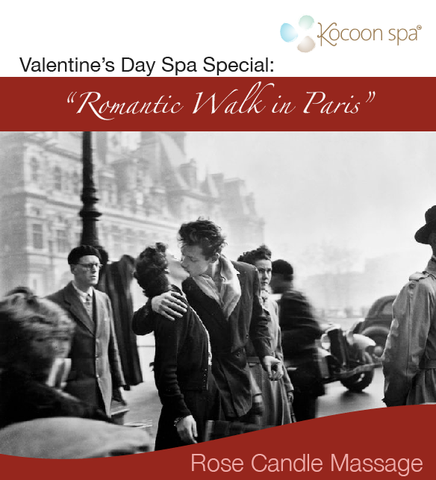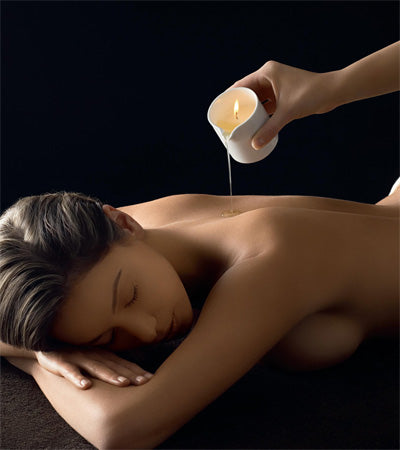The Concept of Eros
The Origins of the word "love"
 The Abduction of Psyche - Emile Signol
The Abduction of Psyche - Emile Signol
Eros (/ˈɪrɒs/ or /ˈɛrɒs/; Ancient Greek: ἔρως érōs "love, mostly of the sexual passion") is one of the four words in Ancient Greek which can be rendered into English as “love”. The other three are storge, philia and agape. Eros refers to “intimate love” or romantic love; storge to familial love; philia to friendship as a kind of love; and agape refers to “selfless love”, or “charity” as it is translated in the Christian scriptures (from the Latin caritas, dearness). The term erotic is derived from eros. Eros has also been used in philosophy and psychology in a much wider sense, almost as an equivalent to "life energy".
The classical Greek tradition
In the classical world, erotic love was generally referred to as a kind of madness or theia mania ("madness from the gods"). This love passion was described through an elaborate metaphoric and mythological schema involving "love's arrows" or "love darts", the source of which was often the personified figure of Eros (or his Latin counterpart, Cupid), or another deity (such as Rumor). At times the source of the arrows was said to be the image of the beautiful love object itself. If these arrows were to arrive at the lover's eyes, they would then travel to and 'pierce' or 'wound' his or her heart and overwhelm him/her with desire and longing (love sickness). The image of the "arrow's wound" was sometimes used to create oxymorons and rhetorical antithesis concerning its pleasure and pain. "Love at first sight" was explained as a sudden and immediate beguiling of the lover through the action of these processes, but this was not the only mode of entering into passionate love in classical texts. At times the passion could occur after the initial meeting, as, for example, in Phaedra's letter to Hippolytus in Ovid's Heroides: "That time I went to Eleusis... it was then most of all (though you had pleased me before) that piercing love lodged in my deepest bones." At times, the passion could even precede the first glimpse, as in Paris' letter to Helen of Troy in the same work, where Paris says that his love for Helen came upon him before he had set eyes on her: "...you were my heart's desire before you were known to me. I beheld your features with my soul ere I saw them with my eyes;
"Love at first sight" was explained as a sudden and immediate beguiling of the lover through the action of these processes, but this was not the only mode of entering into passionate love in classical texts. At times the passion could occur after the initial meeting, as, for example, in Phaedra's letter to Hippolytus in Ovid's Heroides: "That time I went to Eleusis... it was then most of all (though you had pleased me before) that piercing love lodged in my deepest bones." At times, the passion could even precede the first glimpse, as in Paris' letter to Helen of Troy in the same work, where Paris says that his love for Helen came upon him before he had set eyes on her: "...you were my heart's desire before you were known to me. I beheld your features with my soul ere I saw them with my eyes; rumour, that told me of you, was the first to deal my wound."
European literature The classical conception of love's arrows was developed further by the troubadour poets of Provence during the medieval period, and became part of the European courtly love tradition. The role of a woman's eyes in eliciting erotic desire was particularly emphasized by the Provençal poets, as N.E. Griffin points out: According to this description, love originates upon the eyes of the lady when encountered by those of her future lover. The love thus generated is conveyed on bright beams of light from her eyes to his, through which it passes to take up its abode in his heart. In some medieval texts, the gaze of a beautiful woman is compared to the sight of a basilisk - a legendary reptile said to have the power to cause death with a single glance. These images continued to be circulated and elaborated upon in the literature and iconography of the Renaissance and Baroque periods. Boccaccio for example, in his Il Filostrato, mixes the tradition of Cupid's arrow with the Provençal emphasis on the eyes as the birthplace of love: "Nor did he (Troilus) who was so wise shortly before... perceive that Love with his darts dwelt within the rays of those lovely eyes... nor notice the arrow that sped to his heart."
In philosophy and psychology
The ancient philosopher Plato developed an idealistic concept of eros which would prove to be very influential in modern times. In general, Plato did not consider physical attraction to be a necessary part of eros. "Platonic love" in this original sense can be attained by the intellectual purification of eros from carnal into ideal form. This process is examined in Plato's dialogue the Symposium. Plato argues there that eros is initially felt for a person, but with contemplation it can become an appreciation for the beauty within that person, or even an appreciation for beauty itself in an ideal sense. As Plato expresses it, eros can help the soul to "remember" beauty in its pure form. It follows from this, for Plato, that eros can contribute to an understanding of truth. In Freudian psychology, Eros is strictly the sexual component of our life, not to be confused with libido which Freud referred to as our life force, the will to live. It is the desire to create life and favors productivity and construction. In early psychoanalytic writings, instincts from the Eros were opposed by forces from the ego. But in later psychoanalytic theory, Eros is opposed by the destructive death instinct of Thanatos (death instinct or death drive). In Carl Jung's analytical psychology, the counterpart to Eros is Logos, a Greek term for the principle of rationality. Jung considers Logos to be a masculine principle, while Eros is a feminine principle. According to Jung: Woman’s psychology is founded on the principle of Eros, the great binder and loosener, whereas from ancient times the ruling principle ascribed to man is Logos. The concept of Eros could be expressed in modern terms as psychic relatedness, and that of Logos as objective interest.
Continue reading









 The Abduction of Psyche - Emile Signol
The Abduction of Psyche - Emile Signol